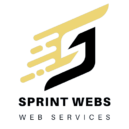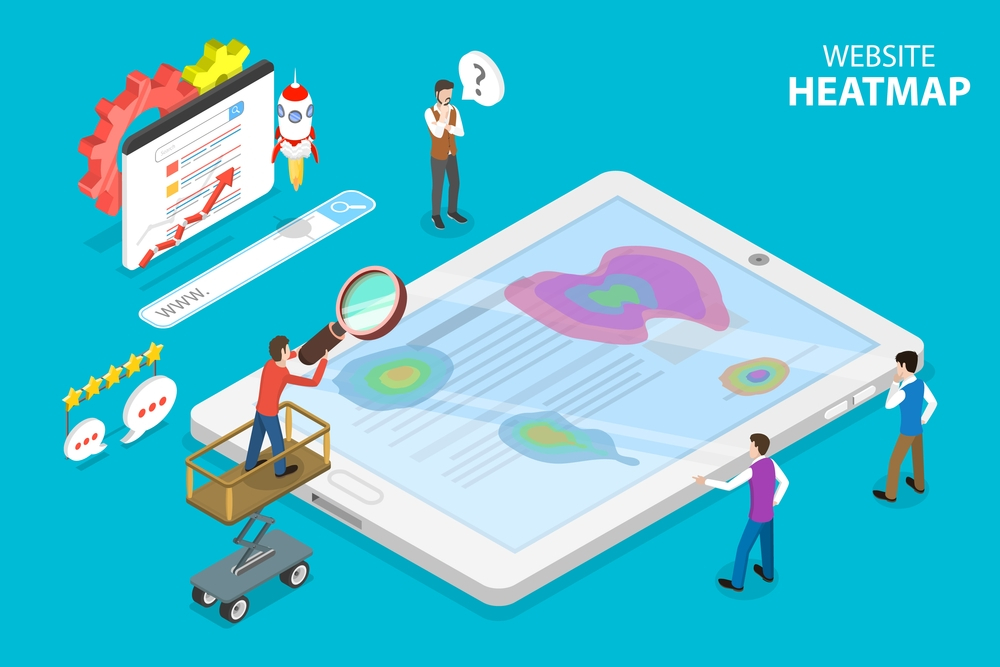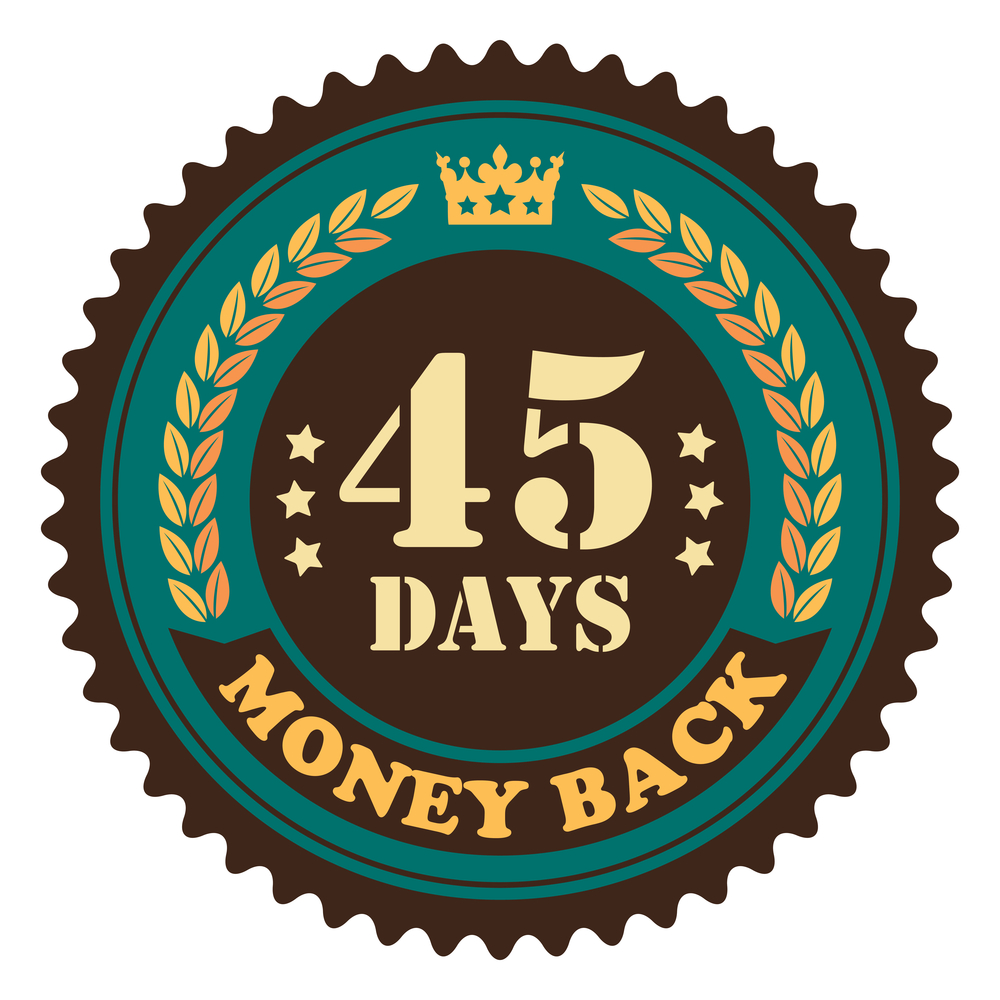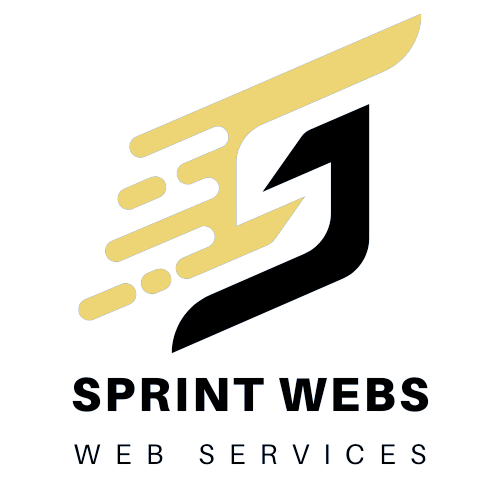What is the significance of On-page SEO or On-page Optimization for Organic and Adwords?
On-page SEO is a critical aspect of search engine optimization (SEO) that involves optimizing individual web pages and the entire Website to improve the visibility and rankings in search engine results. It focuses on various on-page elements to make web pages more relevant, user-friendly, and search engine-friendly.
What are the factors controlling the On-page SEO/Optimization?
The significance of on-page SEO can be understood through the following key points:
- Quality of the overall site: By fixing every error on the site we make it error-free which Google likes the most. Making it error-free should be the priority when it comes to any organic promotion.
- Helps with the Adwords: Not just organic most of the time, Adwords overall cost hugely depends on this. The optimized website does reduce the campaign expenses.
- Targeted Keyword Optimisation: Using relevant keywords in the text, meta descriptions, and headers is possible with on-page SEO. This practice is referred to as focused/targeted keyword optimization, which raises the likelihood that the website will appear higher in search results for particular search terms (Search Keywords) and hence attract more relevant traffic.
- Enhanced User Experience: The quality of the user experience mostly depends on i. how the information is presented on the web pages. ii. How simple it is for people to comprehend the blog’s aim and content. iii. Most importantly, how simple it is for them to contact you or choose a clear call to action. The goal of on-page SEO is to improve user experience by structuring material, employing distinct headings, subheadings, and paragraphs, and including pertinent internal links. A better user experience encourages visitors to stay on the website longer, lowering bounce rates and raising conversion chances.
- Increased Click-Through Rates (CTR): when the title tags and meta descriptions are created with the right strategy by focusing on the users’ search intent it can increase the click-through rates. Users are more likely to click on the link in search results that present relevant and intriguing information to reach the page.
- Structured Data Markup: Implementing structured data (schema markup) helps search engines better understand the content and context of a page, which can lead to enhanced search results with rich snippets, knowledge graphs, and other informative elements.
- Quicker Page Load Speed: On-page SEO involves optimizing images, scripts, and other graphics elements to improve page load speed. Quicker-loading pages provide a better user experience and are favored by search engines. When visitors search for some information they don’t like to spend much time on a single web page/site. The loading speed is slow and it takes lots of time to provide the information then it can be a deal breaker resulting in visitors abandoning the site & increasing the bounce rate. This also falls in the category of On-page SEO.
- Search Engine Indexing: Some pages are blocked by robot.txt for different reasons; one reason could be you don’t want to share the admin page information with the search engine or want to make your customer information public. Apart from those pages, it is best practice to make the site crawlable through Google or any other search engine. By adhering to on-page SEO best practices, you can ensure that search engines can easily crawl, index, and understand the content on your web pages. This improves the chances of having all relevant pages indexed, making your site more discoverable in search results.
Conclusion: Improved Search Engine Rankings:
On-page SEO helps search engines understand the content and context of a web page, making it easier for them to index and rank the page for relevant keywords. Well-optimized pages are more likely to appear higher in search engine results, leading to increased organic traffic.
Wrapping up:
The cornerstone of a good SEO strategy is on-page optimization. Along with increasing organic traffic and search engine rankings, it also increases user interaction, website performance, and user engagement. On-page optimization can have a significant influence on assured SEO outcomes if we pay attention to it. After finishing the on-page SEO, which typically takes 15 to 20 days, we go on to the off-page SEO or other promotional efforts. The length of time might change, though, depending on the difficulty of the website, the steps necessary to correct every problem, and the quantity of faults on it.






